can solar lights work during rainy season | Quenenglighting Expert Guide
Navigating Solar Lighting Performance in Rainy Seasons: A Buyer's Guide
The increasing adoption of solar lighting solutions across commercial and public sectors brings a critical question to the forefront, especially for professional buyers: Can solar lights work reliably during the rainy season? The answer, while largely positive, comes with important nuances. Modern solar lighting technology has advanced significantly, offering robust solutions designed to withstand various environmental challenges, including prolonged wet and overcast conditions. However, understanding the specific features and specifications that guarantee performance in high-rainfall areas is paramount for successful procurement and deployment. This guide delves into key considerations, common concerns, and professional insights to ensure your solar lighting investments perform optimally, even when the sun takes a break.
Can Solar Lights Operate Reliably During Rainy Season?
Yes, solar lights are designed to operate during the rainy season, but their reliability is directly tied to their build quality and specific features. The most critical factor is the Ingress Protection (IP) rating. For outdoor solar lights, an IP65 rating is generally considered the minimum standard, signifying protection against dust ingress and low-pressure water jets from any direction. For areas with heavy downpours or potential for temporary submersion, an IP67 or even IP68 rating offers superior water resistance. Beyond the IP rating, the quality of materials—such as corrosion-resistant aluminum alloy, UV-stabilized ABS plastic, and sealed tempered glass for solar panels—plays a vital role in long-term durability. While the physical structure can resist rain, the performance during persistent cloud cover is a separate consideration.
How Does Reduced Sunlight Affect Solar Light Charging and Runtime?
Reduced sunlight, due to heavy cloud cover or continuous rain, significantly impacts a solar light's charging efficiency and subsequent runtime. Solar panels convert sunlight into electricity, and less sunlight means less electricity generated. On heavily overcast days, solar irradiance can be reduced by 70-90% compared to clear sunny days. This directly translates to less energy being stored in the light's battery. To counteract this, high-efficiency monocrystalline solar panels (typically 17-22% efficient) are preferred as they capture more energy from diffuse light. Furthermore, the battery capacity (measured in Ah or Wh) is crucial. A system designed with sufficient battery autonomy—meaning it can power the light for multiple nights on a single full charge (e.g., 2-3 days autonomy)—is essential for sustained performance during extended periods of low sunlight. Advanced Maximum Power Point Tracking (MPPT) charge controllers also help optimize charging even under suboptimal light conditions.
What Specific Features or Technologies Enhance Solar Light Durability in Wet Weather?
Beyond the fundamental IP rating, several features and technologies contribute to a solar light's durability and performance in wet climates:
- High-Quality Battery Technology: Lithium Iron Phosphate (LiFePO4) batteries are highly recommended over older technologies like NiMH or lead-acid. LiFePO4 batteries offer a longer lifespan (2,000-8,000 charge cycles compared to 500-1,000 for NiMH), better performance in varying temperatures, and enhanced safety.
- Robust Enclosure Materials: Components housed in sealed, corrosion-resistant materials like die-cast aluminum or marine-grade alloys prevent water ingress and material degradation over time.
- Smart Power Management Systems: Integrated systems that can adjust light output based on remaining battery charge or projected sunlight can extend operational time. Some systems can reduce brightness during prolonged cloudy periods to conserve energy.
- Efficient LED Drivers: Stable and efficient LED drivers ensure consistent light output even as battery voltage fluctuates slightly, contributing to overall reliability.
- Proper Gaskets and Seals: All access points and joins must have high-quality silicone or rubber gaskets to form a watertight seal, preventing moisture from reaching sensitive electronics.
Are There Specific Maintenance Tips for Solar Lights in High-Rainfall Areas?
Even robust solar lights benefit from regular maintenance, especially in high-rainfall regions:
- Panel Cleaning: While rain can wash some dust away, it often leaves mineral deposits or can't remove sticky residues like bird droppings or tree sap. Regularly clean solar panels with a soft cloth and water to maximize light absorption. A dirty panel can reduce efficiency by 15-25% or more.
- Optimal Placement: Ensure solar panels are positioned to receive maximum indirect sunlight even on cloudy days. Avoid areas where water might pool around the base of the light or where foliage can create constant shade.
- Inspect for Damage: Periodically check the light fixture for any cracks, loose seals, or signs of corrosion. Promptly address any issues to prevent water ingress.
- Clear Obstructions: Ensure no leaves, dirt, or debris accumulate on the panel or around the light sensor, which can impair performance.
- Battery Health Monitoring: While LiFePO4 batteries are durable, monitor their performance over time. A noticeable decrease in runtime might indicate a weakening battery that needs replacement, typically after 5-10 years of service.
What Should Professional Buyers Look For When Procuring Solar Lights for Rainy Climates?
When procuring solar lights for environments prone to heavy rain and extended overcast periods, professional buyers should prioritize the following:
- High IP Rating: Insist on IP65, IP66, or IP67 ratings for all outdoor components to guarantee water and dust resistance.
- Adequate Battery Autonomy: Specify a battery capacity that supports at least 2-3 days of autonomy without direct sunlight. This ensures continued operation during prolonged cloudy spells.
- High-Efficiency Solar Panels: Choose lights with monocrystalline silicon solar panels, known for their superior efficiency, especially in low-light conditions.
- Quality Components and Certifications: Verify the quality of LEDs, charge controllers (preferably MPPT), and housing materials. Look for products with international certifications (e.g., CE, RoHS, UL) indicating adherence to safety and performance standards.
- Manufacturer's Warranty and Reputation: A strong warranty (e.g., 3-5 years on the entire fixture, longer on specific components) signals manufacturer confidence. Research the supplier's track record, especially their experience in similar challenging climates.
- Integrated Energy Management: Some advanced systems offer adaptive lighting profiles or dimming capabilities that automatically adjust brightness to conserve power during low-charge periods, extending operational time.
By focusing on these professional procurement considerations, businesses and municipalities can invest in solar lighting solutions that are not only environmentally friendly but also reliably perform through all seasons, including the rainiest ones.

Have more questions about our products or services?
The latest hot news you might like

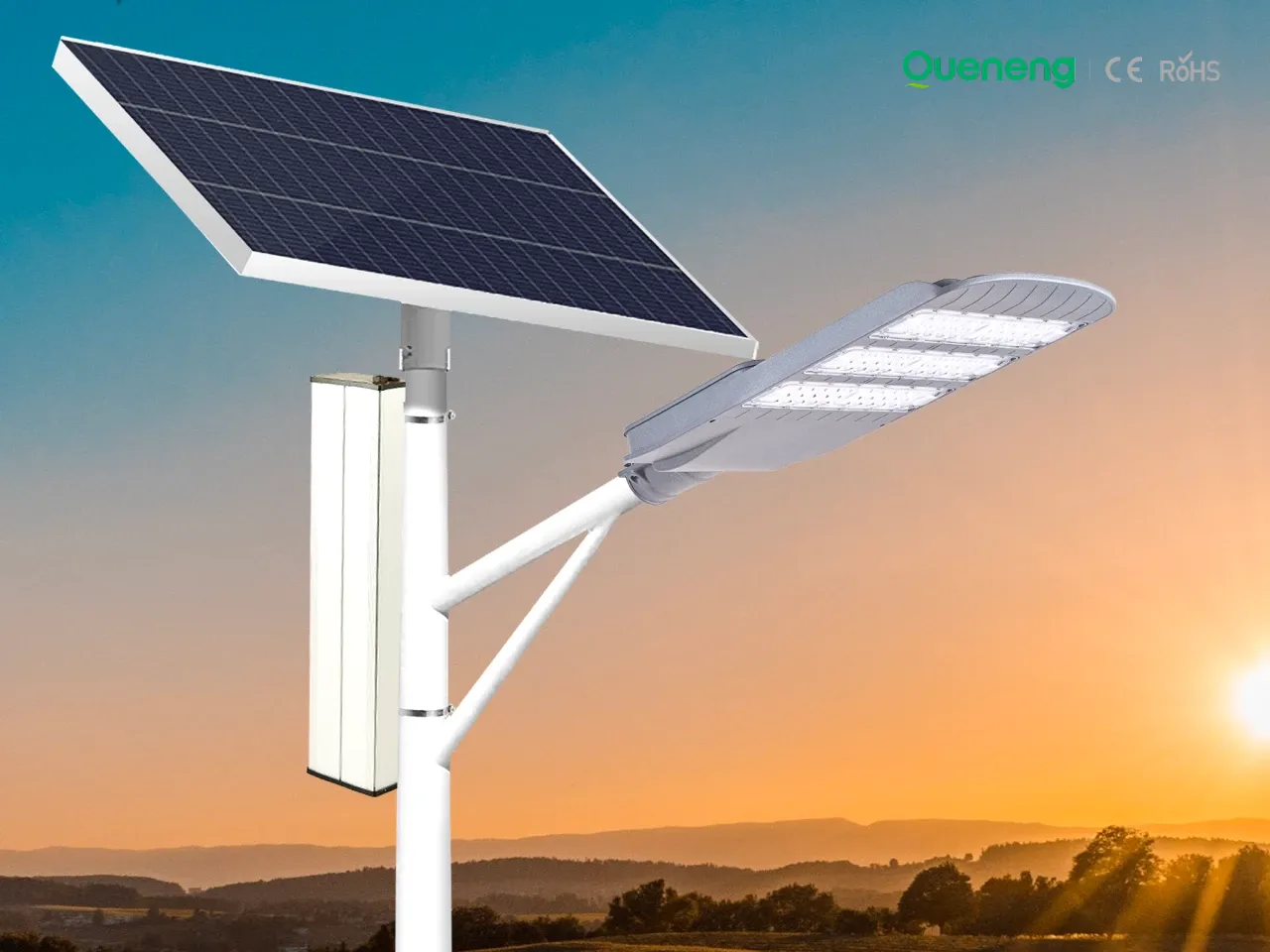

A comprehensive 2026 guide to solar street light pricing. Covers commercial installation costs, LiFePO₄ battery trends, smart IoT features, and a detailed ROI comparison against traditional grid lighting.

A comprehensive 2026 outlook on integrated solar street lights, featuring performance benchmarks like bifacial panels, LiFePO₄ batteries, and Smart City IoT integration for maximum ROI.
FAQ
Schools and Educational Institutions
Can solar lights be used in cold climates?
Yes, our solar lights are designed to work in various weather conditions, including cold climates, with some models performing well at temperatures as low as -20°C.
Solar Street Light Lufei
How long does it take to install a solar street light?
Installation typically takes 1-2 hours, depending on the complexity of the setup. No external wiring is required, which makes installation faster and simpler compared to traditional street lighting.
Battery and Analysis
What are the advantages and disadvantages of rechargeable batteries?
Ordinary secondary batteries have a high self-discharge rate, so they are suitable for high-current discharge applications such as digital cameras, toys, power tools, emergency lights, etc., but are not suitable for low-current long-term discharge applications such as remote controls, music doorbells, etc. Not suitable for long-term intermittent use such as flashlights.
Transportation and Highways
Can the lights operate continuously in rainy or cloudy conditions?
Yes, the battery is designed to store enough energy to last for several days without sunlight.
Sustainability
Does Queneng offer installation services?
Yes, we provide installation support based on project requirements, including professional installation guidance and technical consultation. If needed, our team can arrange on-site installation services.
Public Gardens and Landscape Lighting
How can I order solar lighting products for my public garden or landscape project?
To order solar lighting solutions for your project, simply contact our sales team via phone, email, or our website. We will work with you to understand your specific requirements and provide customized solutions that fit your needs. We also offer installation support and after-sales services to ensure your project is a success.

The Solar Streetlights of Luhao for Municipalities are designed to deliver reliable, energy-efficient, and cost-effective public lighting solutions. Equipped with advanced LED technology, durable lithium batteries, and high-efficiency solar panels, these streetlights provide consistent illumination for roads, parks, residential areas, and government projects.
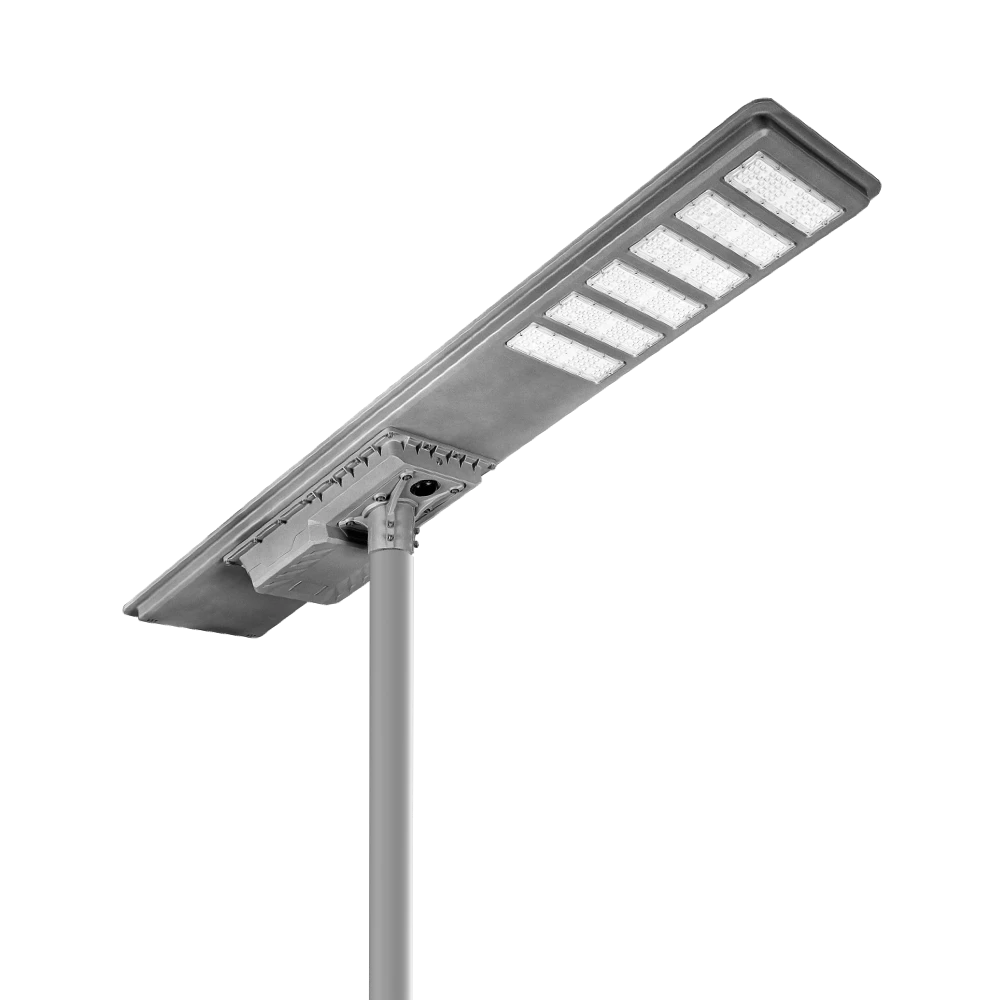
Queneng's Luqiu Innovative Solar Street Light offers energy-saving, durable outdoor lighting. This solar power street light provides a reliable and eco-friendly solution for illuminating your streets and pathways.
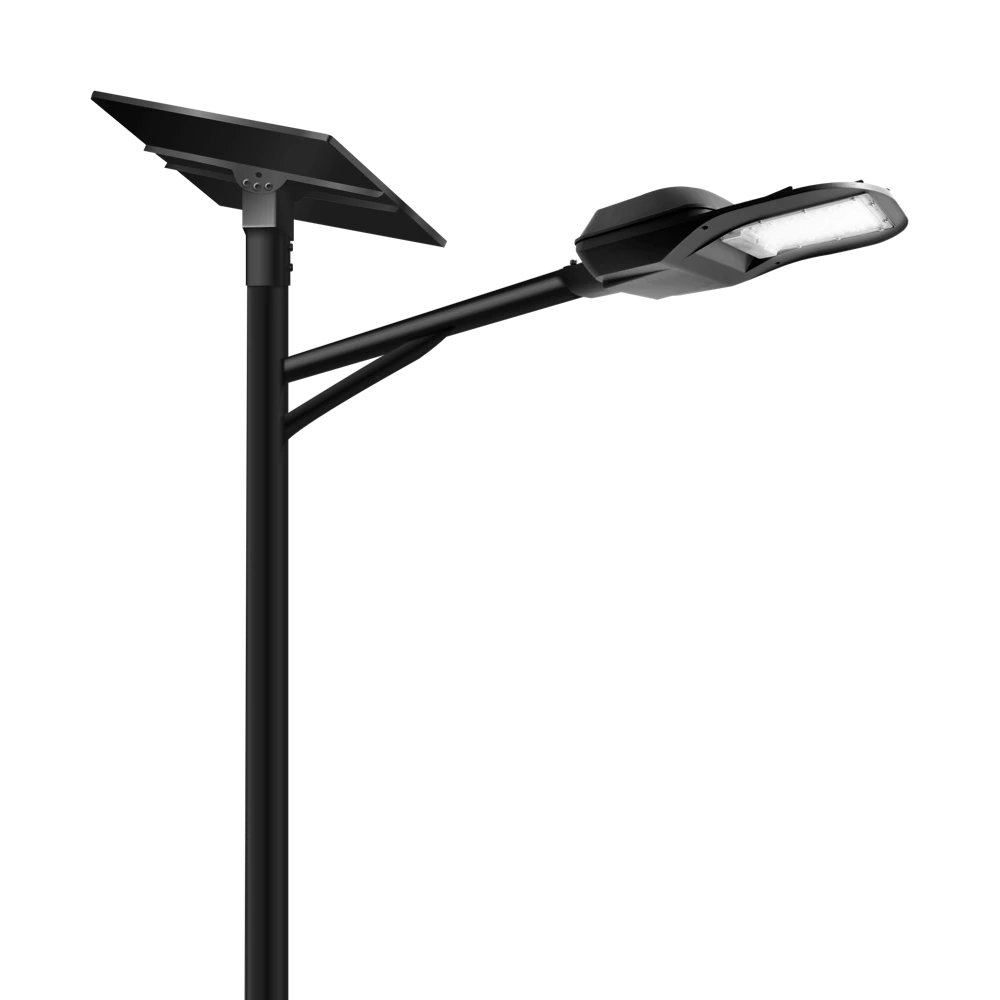

Lubai is an integrated solar street light designed for stable, long‑term outdoor lighting in off‑grid and weak‑grid areas. Combining a high‑efficiency solar panel, LiFePO₄ battery, and intelligent motion sensing, Lubai delivers reliable illumination with low maintenance and fast installation.
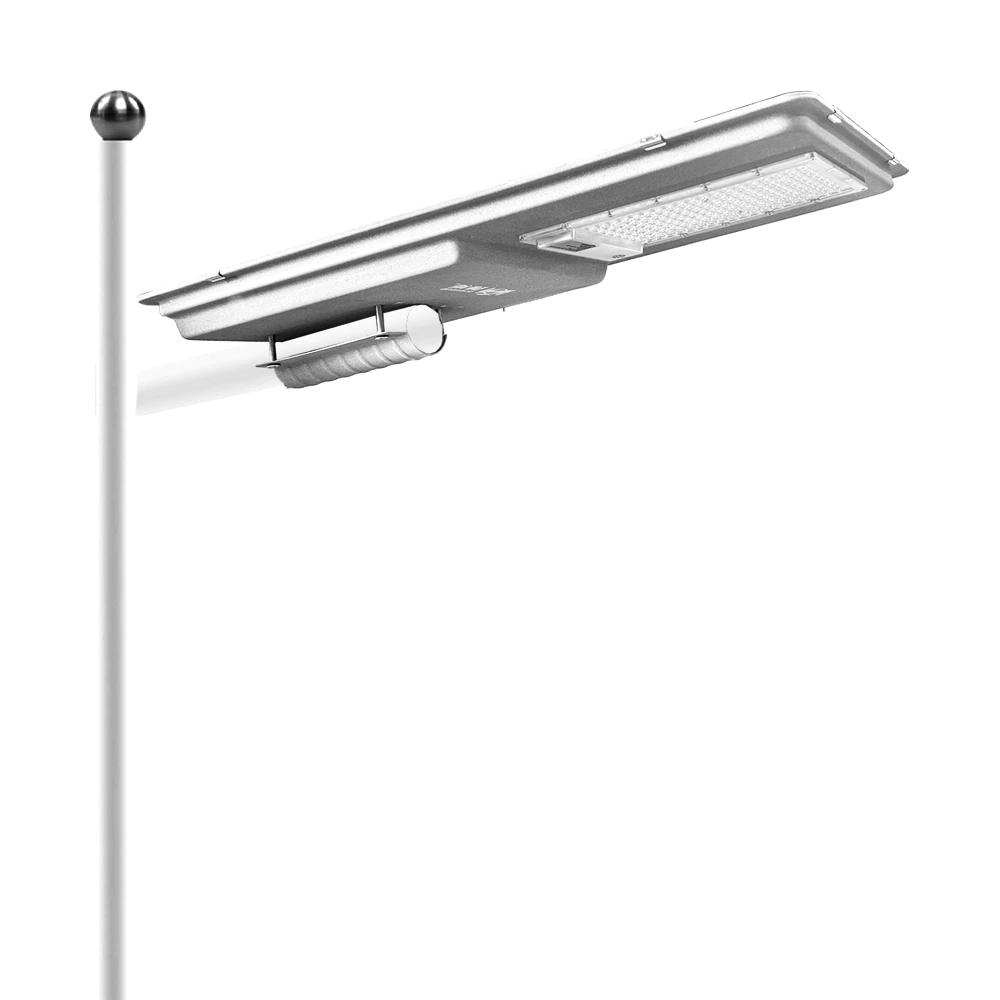
Queneng's Lufa high-efficiency solar LED street lights illuminate urban and commercial spaces brilliantly. These commercial solar LED street lights offer superior energy savings and reliable performance, making them an ideal sustainable lighting solution.
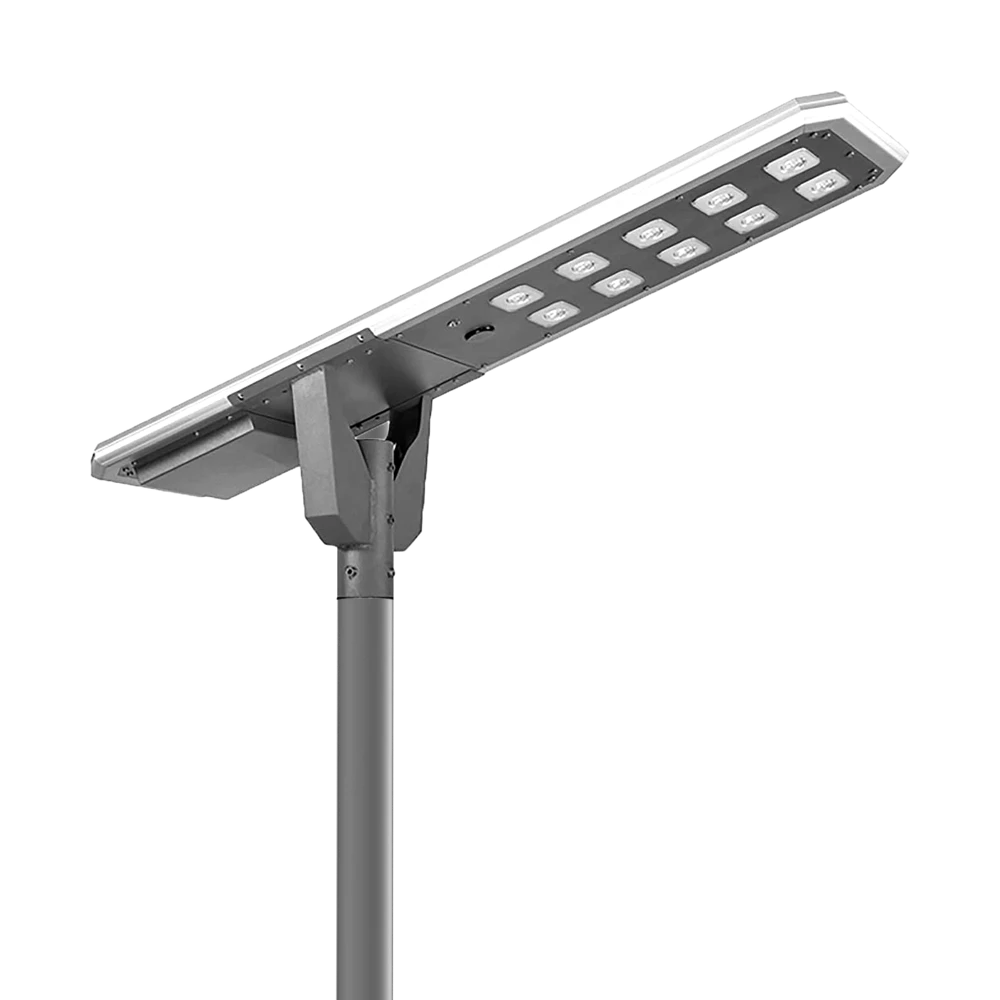
Illuminate your outdoor spaces with the Solar Street Light, a cutting-edge solution combining advanced solar technology and energy-saving LED lighting.
If you would like more information about Queneng solar lighting solutions, please send us a message by filling out the form below. Our professional team will get back to you within 24 hours!
Rest assured that your privacy is important to us, and all information provided will be handled with the utmost confidentiality.
Schedule a Meeting

Book a date and time that is convenient for you and conduct the session in advance.
Have more questions about our products or services?





















